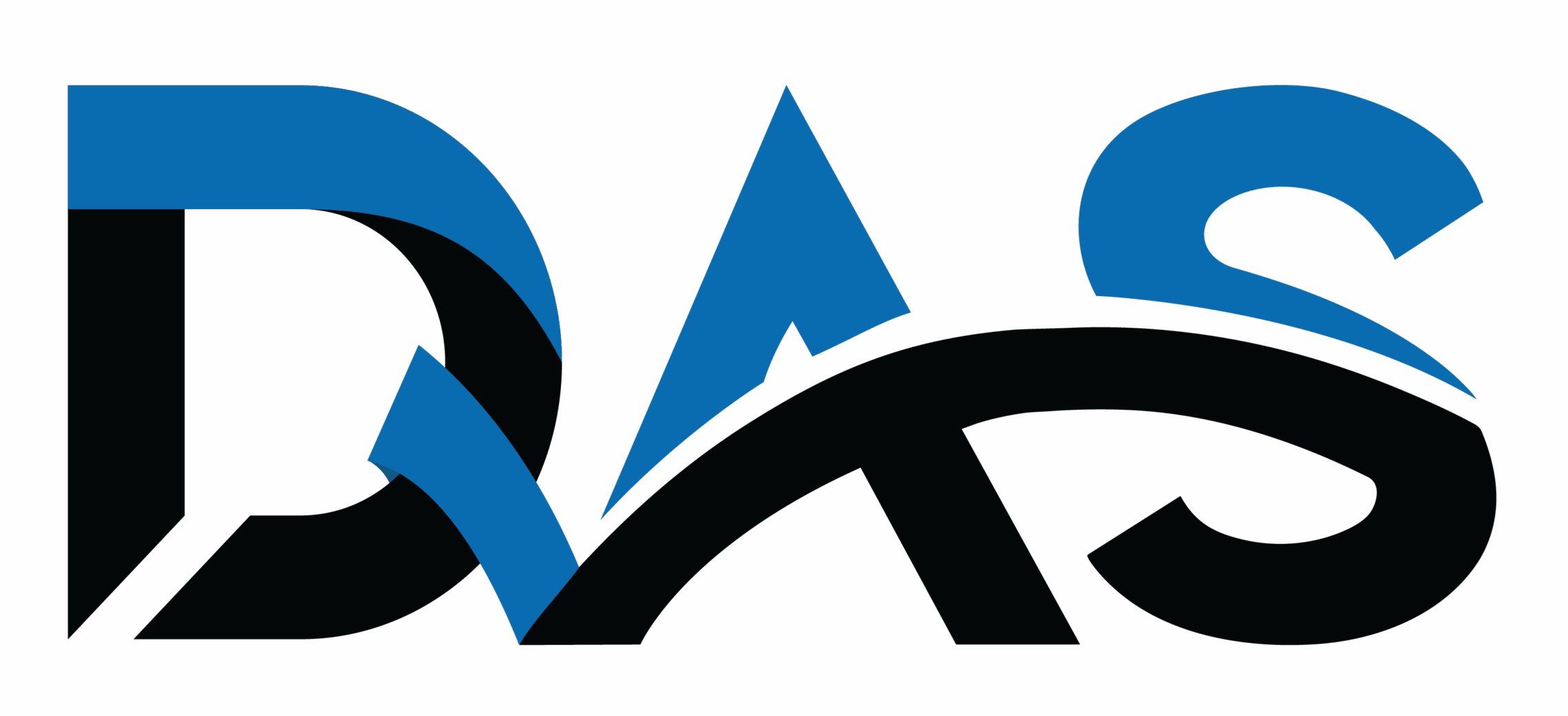ISO 20000 IT Services
💻 ISO 20000 – IT Service Management
In today’s digital world, IT is at the heart of delivering consistent and reliable services. However, many organisations face challenges when IT services—whether internal or outsourced—do not align with business goals and customer expectations.
A proven solution is adopting an IT Service Management System (ITSMS) based on ISO/IEC 20000-1, the international standard for IT service management. This standard provides a structured framework for delivering high-quality IT services, improving operational efficiency, and ensuring services meet both business needs and customer requirements.
ISO/IEC 20000-1 builds on the earlier British Standard (BS 15000) and is recognised worldwide as the benchmark for best practice in IT service management.
📖 Structure of ISO/IEC 20000
- Part 1 – Specification for Service Management
Defines the minimum requirements for an ITSMS and forms the basis for audits and certification. - Part 2 – Code of Practice for Service Management
Provides best practice guidance for implementing service management processes.
📋 Key Requirements of ISO 20000-1
To achieve compliance, an organisation must demonstrate:
1️⃣ Context of the Organisation (Clause 4)
- Identify internal and external factors affecting IT services.
- Define stakeholder needs and expectations.
- Establish the scope of the ITSMS.
2️⃣ Leadership (Clause 5)
- Show top management commitment.
- Set and communicate the ITSMS policy.
- Assign roles and responsibilities.
3️⃣ Planning (Clause 6)
- Assess risks and opportunities.
- Set measurable service objectives.
- Plan improvements and changes.
4️⃣ Support (Clause 7)
- Provide resources, training, and skills.
- Ensure communication and documentation.
5️⃣ Operation (Clause 8)
- Manage service delivery processes.
- Oversee incidents, problems, and changes.
- Ensure service continuity, capacity, and security.
- Manage SLAs, assets, and performance.
6️⃣ Performance Evaluation (Clause 9)
- Monitor and measure service performance.
- Conduct audits and reviews.
7️⃣ Improvement (Clause 10)
- Address nonconformities.
- Apply corrective actions.
- Drive continual improvement.
🌟 Benefits of ISO 20000-1
✅ Enhanced Service Quality – Reliable and consistent service delivery.
✅ Customer Satisfaction – Builds trust by meeting SLAs and improving responsiveness.
✅ Competitive Edge – Strengthens credibility and supports contract requirements.
✅ Effective Risk Management – Proactively identifies and mitigates service-related risks.
✅ Process Optimisation – Streamlines operations and reduces costs.
✅ Continuous Improvement – Provides a structured approach to service enhancement.
✅ Best Practice Alignment – Compatible with ITIL, ISO 9001, and ISO 27001.
